Back to School Series: Connecting the Dots
DigitalParalegalServices
AUGUST 24, 2015
Much of early education is spent trying to tackle the skill of writing, specifically the intimidating task of the child’s name. Parents and teachers may use any number of techniques to tackle this ability, including the most common method of connecting dot-to-dots on a lined paper tablet. With due diligence and patience, the dots are slowly taken away and a child can begin to both recognize and trace their own name.

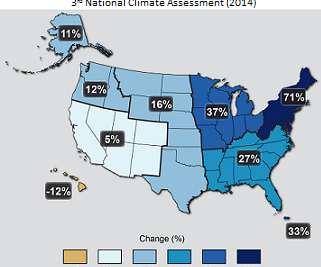

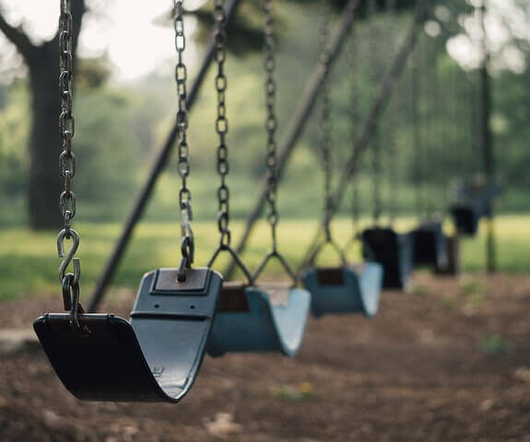
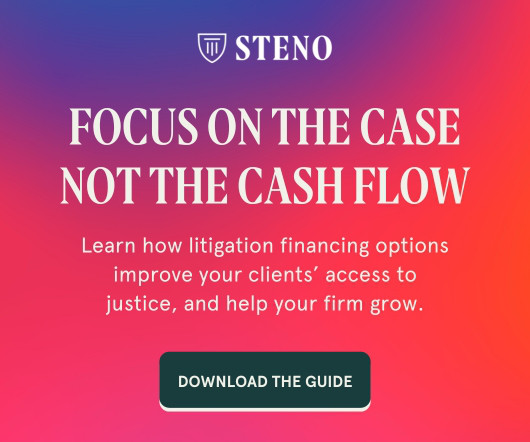
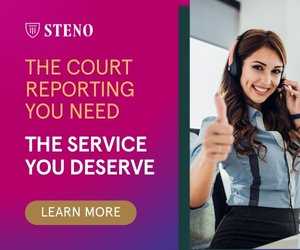







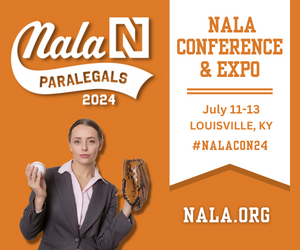



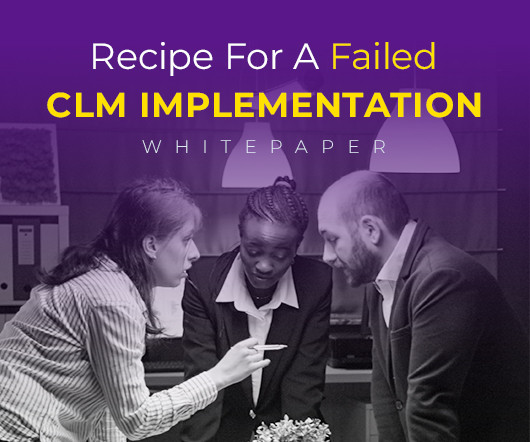









Let's personalize your content